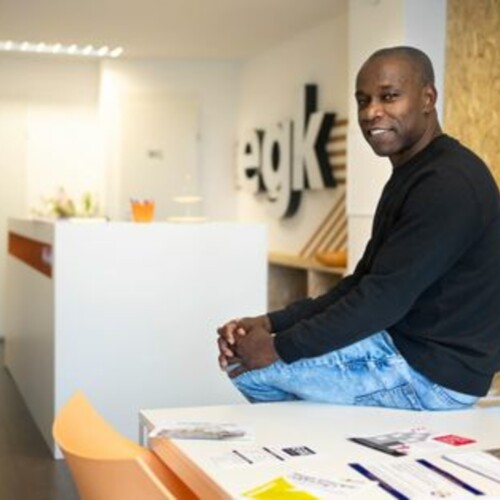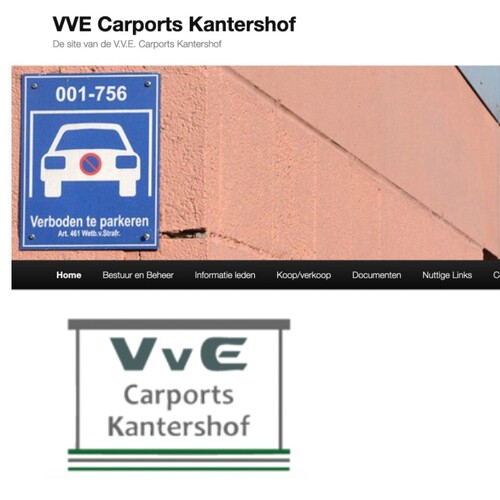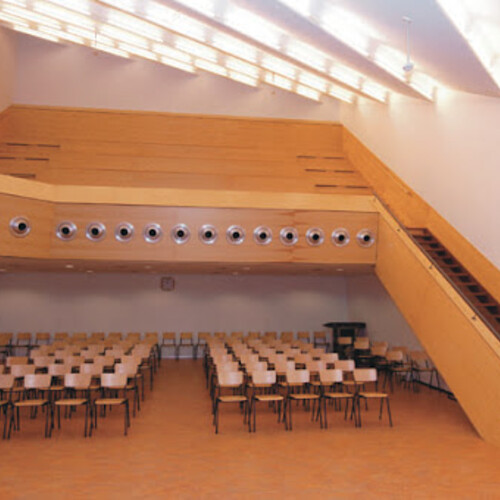Waste No More is the program of the Johan Cruijff ArenA to fulfil its ambition to help Amsterdam Southeast in its transformation to become circular. A pilot project focusses on using collected food residual material to generate the energy needed to power the ArenA Free WiFi service in and around the stadium for anyone.
Since its opening in 1996, the Johan Cruijff ArenA (JCA) has embraced innovation as an important means to remain leading in its field, for its tenants such as AFC Ajax, the KNVB and UEFA, but also for the municipality and its residents and entrepreneurs. Since 2015, for its innovation issues and challenges, JCA set up the AIA (Amsterdam Innovation ArenA) together with 'founding father' municipality of Amsterdam. This initiative has its origins in the agreements made in the Innovation deal between the Stadion Amsterdam N.V., the municipality of Amsterdam and the Amsterdam Economic Board in 2014. In it, it was agreed to set up an "incubator" in the JOHAN CRUIJFF ARENA that "can initiate and advance innovations" (source: 2014, Innovation deal JOHAN CRUIJFF ARENA).
The core of the working method within AIA is based on the transparent pooling of objectives of market parties, governments and educational institutions to create and capitalize in a concentrated joint effort through validation and introduction of new concepts, business opportunities, better living environment, sustainable society, CO2 reduction, new themes in Amsterdam Southeast as a front runner. The AIA forms a platform in the field of Smart City and Stadium innovation with a potential international reach. And connects state-of-the-art technology and applications with users. For its innovation project clients, the AIA organizes and directs the deployment of core facilities and guides the implementation and execution of innovations. In the implementation of these innovation services, the AIA is associated with Strategic Partners who provide it with core facilities on a basic basis.
Amsterdam has the ambition to transform into a sustainable and inclusive society guided by emerging principles such as cricular economy. The Amsterdam Southeast district has the ambition to become a Living Lab for the development of concepts for this new society. To this end, a master plan for Southeast has been drawn up. This master plan urges the businesses to activate their operations and facilities to help circular economy become the new normal in Amsterdam-Southeast. The public-private WasteTransformer Biodigester is one such an iconic project.
Currently, large quantities of swill (food waste) are collected from organizations in Amsterdam-Southeast by various waste services. In the current situation, processing of this takes place (far) outside Amsterdam. This results in a large polluting logistic flow and adds little in the way of sustainability. The waste streams from company canteens, the stadium, concert venues, but also markets and other catering businesses contain a lot of nutrients. Currently, these nutrients are only reused to a limited extent. When the value does get recovered, the value does not flow back to Southeast. This trend can be seen all over Amsterdam and the Netherlands and with many types of waste.
In this project, in addition to conserving value of the raw materials, we go two steps further. If the local cooperation is also combined we can deliver impact when the installation provides social and economic return, and can demostrate far-reaching local involvement. The project is focuessed on creating opportunities for circular solutions with social and economic benifits for the citizens of Amsterdam Southeast.
With the collected swill two needs of the ArenA will be served. The biodigester installation provides renewable energy, which is procured by the ArenA. The biogas is converted into green electricity while the waste heat is converted into cold to cool the ArenA Free WiFi systems center. And secondly the nutrients in the waste will be recovered in a liquid form (Digestaat) and converted via a nitrification step into a stable fertilizer. A research program will determine whether this can be used as a fertilizer for the Arena's turf fields and Ajax training Grounds 'de Toekomst'. The remaining digistate are planned to serve as fertilazation of the 'Volkstuinen' public vegetable garden in Southeast.
The project economic impact is focussed on connection with SME's and to establish regional, national and international outreach on economic value of the project. Together with the citizens and businesses in Amsterdam this project gives a boost to the local, regional economy.
Through outreach to the youth of Amsterdam Southeasrt we can educate on circular economy concept, models and solutions. This may lead to create spin-offs building on refinement of circular processing (such as coffee grounds, orange peels, beer brew). Also, the digester and the social -economic partnerships cooperation offers many opportunities for (further) exploration. The cooperation with the Munipalicity's workforce Pantar, leads to the creation of additional jobs for the collection and processing of swill flows. And the project will attract through it inpsiring effect, demonstrating fruitful collaboration of many stakeholders involved, global attention and is an exciting example to other communities in the world. The Johan Cruijff ArenA will present this unique project to its many visitors, schools and companies, and continues to deliver the benefits of Free WiFi Internet to the residents of Amsterdam Southeast.
 Johan Cruijff ArenA
Johan Cruijff ArenA

